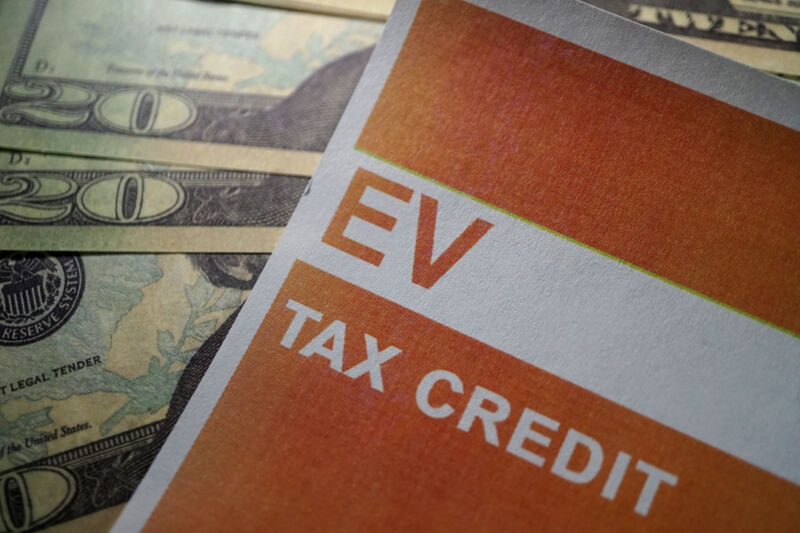It’s a new year, and these are now the only EVs that get a tax credit

Enlarge (credit: Getty Images)
It’s a new year, and while few of us still have the headache of needing to remember to write the new year on checks, 2024 brings a new annoyance of sorts. As of yesterday, tough new US Treasury Department rules concerning the sourcing of electric vehicle batteries went into effect; as a result, most of the battery and plug-in hybrid EVs that were eligible for the Internal Revenue Service’s clean vehicle tax credit until Sunday have now lost that eligibility.
Under the federal government’s previous program to incentivize the adoption of plug-in vehicles, it offered a tax credit, up to $7,500, based on the battery capacity of a BEV or PHEV, and once a car maker sold more than 200,000 plug-in vehicles, it lost eligibility for the tax credit—Only Tesla and General Motors reached this threshold.
Changes came as part of the Inflation Reduction Act of 2022 and went into effect at the start of 2023. Thanks to heavy industry lobbying, credits linked to union-made EVs went by the wayside, with US Senator Joe Manchin acting as point man for companies like Toyota that sought to slow down the EV transition.




